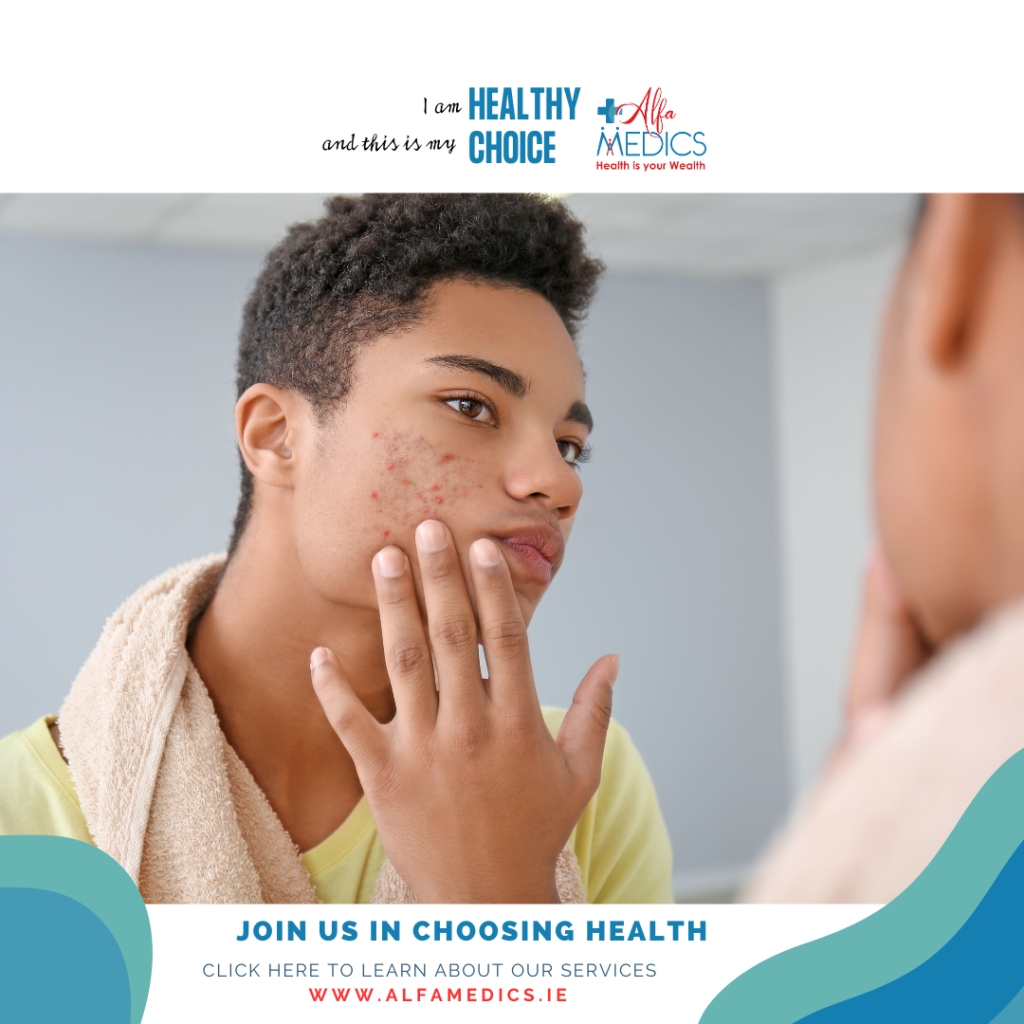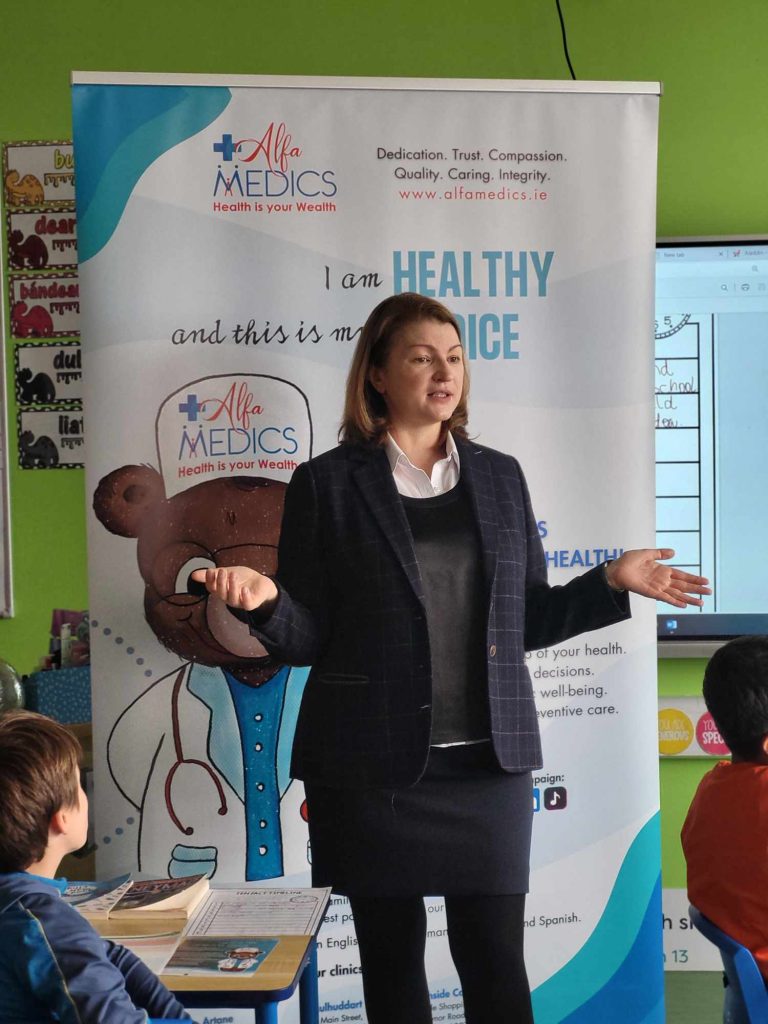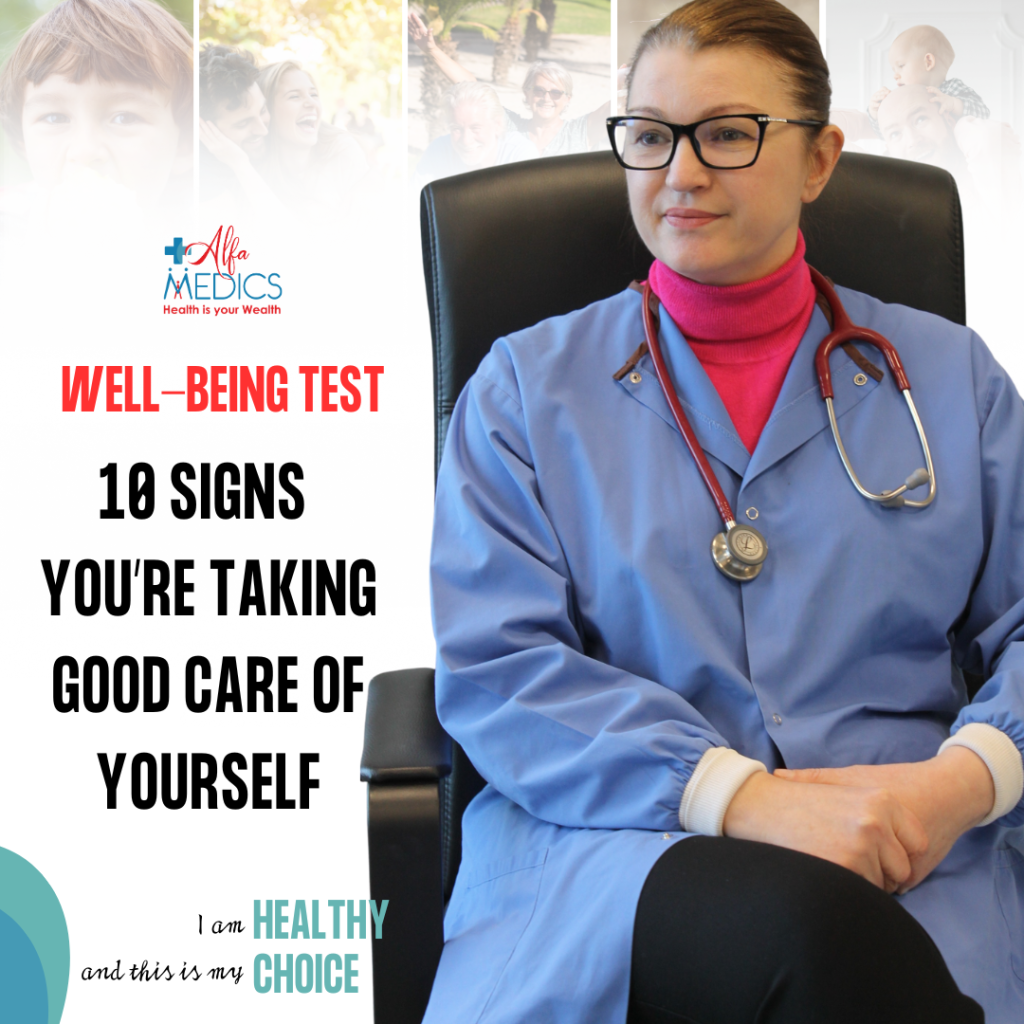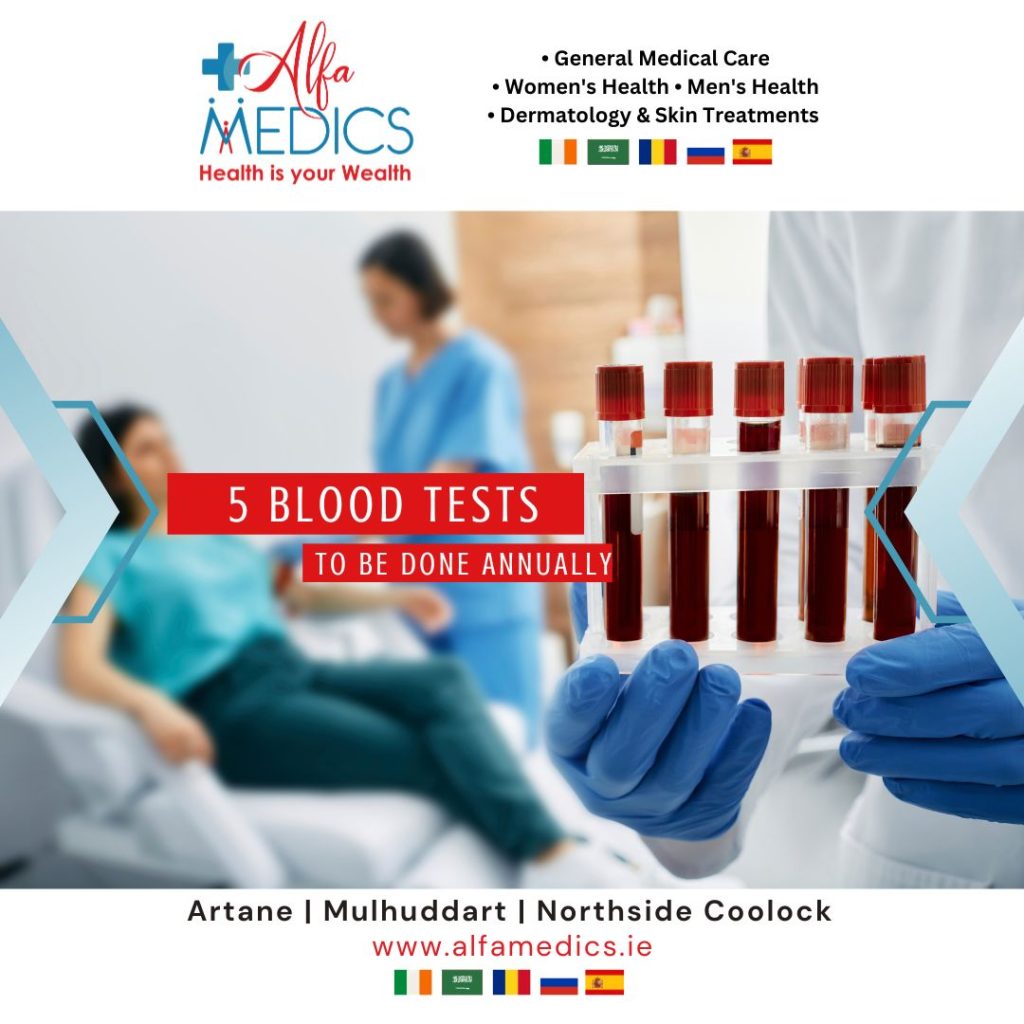Adolescence is a time of significant physical and emotional changes, many of which are driven by hormonal fluctuations. These hormonal changes are primarily governed by the increased production of androgens, such as testosterone, in both boys and girls. Androgens play a crucial role in the development of secondary sexual characteristics, but they also have a profound impact on the skin. Understanding these hormonal shifts is essential for addressing the common skin issues that teenagers face, ensuring that they receive the appropriate care and guidance to maintain healthy skin.
During puberty, the body experiences a surge in androgen levels, which stimulates the sebaceous glands to produce more sebum, an oily substance that lubricates the skin and hair. While sebum is necessary for maintaining skin moisture, excessive production can lead to clogged pores, resulting in acne. Acne is the most prevalent skin condition among teenagers, characterized by pimples, blackheads, and cysts. Additionally, hormonal changes can exacerbate other skin conditions, such as eczema and psoriasis, making them more challenging to manage during these formative years.

The impact of hormonal changes on teen skin health
The increase in androgen levels during puberty affects the skin in several ways. Here are some of the most common issues faced by teenagers:
-
Acne – is the most common skin condition among teenagers. It occurs when hair follicles become clogged with oil and dead skin cells, leading to the formation of pimples, blackheads, and cysts.
- Management: Treatments include topical retinoids, benzoyl peroxide, antibiotics, and hormonal therapies. Dr. Angela Parvu Bratulescu provides personalized acne treatment plans to help teens manage their condition effectively.
-
Oily Skin- Increased androgen levels lead to overactive sebaceous glands, resulting in oily skin. This can make the skin appear shiny and feel greasy.
- Management: Proper skin care routines, including the use of non-comedogenic products, regular cleansing, and appropriate moisturizers, can help control oil production.
-
Psoriasis – is an autoimmune condition that can worsen during adolescence due to hormonal changes and stress.
- Management: Treatment options include topical treatments, phototherapy, and systemic medications. Individualized care plans are essential for managing psoriasis effectively.
The Importance of Dermatological Consultations
Regular dermatological consultations are crucial for teenagers experiencing these issues. It is generally recommended that the first dermatology consultation take place around the age of 12, as this is when many of the hormonal changes associated with puberty begin to occur. Early intervention is key to managing skin conditions effectively and preventing long-term damage.
Dr. Angela Parvu Bratulescu, a specialist in adolescent dermatology at Alfa Medics, offers comprehensive evaluations and personalized treatment plans to address the unique skin care needs of teenagers. By seeking expert advice early, teens can navigate these hormonal changes more comfortably and confidently, ensuring their skin remains healthy and vibrant.

Tips for Maintaining Healthy Skin During Adolescence
- Establish a Skincare Routine: Consistent cleansing and moisturizing can help manage oil production and prevent acne.
- Use Non-Comedogenic Products: These products are less likely to clog pores and cause breakouts.
- Stay Hydrated: Drinking plenty of water helps maintain skin hydration and overall health.
- Balanced Diet: Eating a diet rich in fruits, vegetables, and lean proteins can support healthy skin.
- Avoid Picking or Squeezing Pimples: This can lead to scarring and worsen acne.
Helpful
For more information on skin health and managing dermatological conditions, refer to these official Irish resources:
At Alfa Medics, we are committed to helping teenagers achieve and maintain healthy skin through expert care and personalized treatment plans. To schedule a consultation with Dr. Angela Parvu Bratulescu, visit our website or contact one of our clinics in Dublin. Taking proactive steps today can lead to a lifetime of healthier, happier skin.




